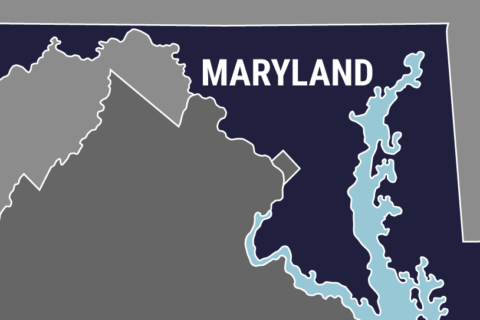Editor’s note: This story has been updated to reflect that Webster did not inspire the cease fire. Also, WTOP removed mention that he enlisted the help of a local advertising executive to help the program grow.
WASHINGTON — Rallies and events abound in support for a three-day cease-fire in Baltimore, called at 12 a.m. Friday by community members.
Chief Spokesman for Baltimore City Police, T.J. Smith said Saturday afternoon that there had been no reports of shots fired since the cease-fire took effect. Smith said he is “1,000 percent” behind the cease-fire called by the community.
“If there is a community in the country or even in the world, who thinks that public safety is simply a law enforcement initiative, they are wrong,” said Smith. “At the end of the day there have been 208 murders in the city of Baltimore, mainly young black men, and something has to be done differently.”
Smith, who lost his own brother in a homicide, said he is feeling optimistic by this effort “because you have people that you haven’t seen on the front lines, you have people getting involved that haven’t gotten involved before.”
Johns Hopkins Professor Daniel Webster, who also serves as the Director of the Johns Hopkins Center for Gun Policy and Research, has been studying the impact of “Safe Streets” programs, which put mediators into at risk communities.
He said although the program is proven to reduce gun violence, the program was only in a small number of neighborhoods.
Webster said the program has grown citywide. In the weeks that followed, Webster said mediators and other advocates joined together to organize events and rallies around the three-day cease-fire.







